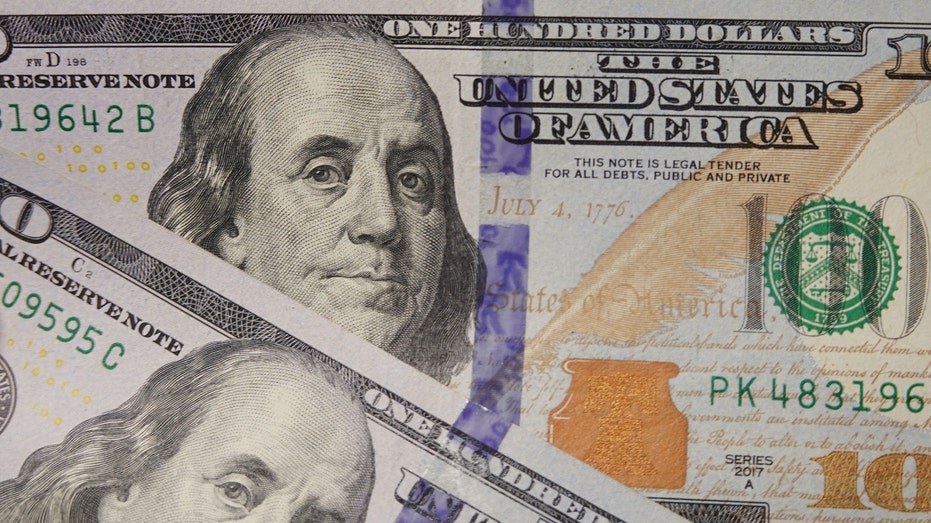China, Malaysia to discuss Asian Monetary Fund to reduce dependence on US dollar
China and Brazil recently struck a deal to ditch the U.S. dollar in favor of their own currencies in trade transactions
China is trying to re-establish its reputation on the world stage: Bryan Suits
Radio host Bryan Suits reacts to Xi Jinping's upcoming meetings with Vladimir Putin and Volodymyr Zelenskyy on 'Kennedy.'
Malaysia is reviving a decades-old proposal to create an Asian Monetary Fund to reduce dependence on the U.S. dollar, with China being open to talks about the matter.
Malaysian Prime Minister Anwar Ibrahim proposed the fund last week, Bloomberg reported.
"When I had a meeting with President Xi Jinping, he immediately said, ‘I refer to Anwar’s proposal on the Asian Monetary Fund’, and he welcomed discussions," Anwar, who also serves as the country's finance minister, told the Malaysian parliament on Tuesday.
CHINA'S NEW TECH WEAPON: DRAGGING ITS FEET ON GLOBAL MERGER APPROVALS

China is open to talks with Malaysia on forming an Asian Monetary Fund in an effort to reduce dependency on the U.S. dollar. ((Photo Illustration by Sheldon Cooper/SOPA Images/LightRocket via Getty Images) / Getty Images)
"There is no reason for Malaysia to continue depending on the dollar," he added.
Anwar said he shelved forming an Asian Monetary Fund during his first stint as finance minister in the 1990s. At the time, the idea failed to gain traction as the U.S. dollar was still seen as strong, he said.
The dollar index reached a record-high in September 2022 as other Asian currencies hit multi-decade lows, the news report said.
Recently, China and Brazil struck a deal to ditch the U.S. dollar in favor of their own currencies in trade transactions.
China, Brazil planning to stop using US currency as a medium of exchange
Tom Philipson and Michael Bright discuss Brazil and China forgoing the dollar in favor of their own currencies for bilateral trade on 'The Bottom Line.'
CLICK HERE TO READ MORE ON FOX BUSINESS
China is Brazil’s largest trading partner, accounting for more than a fifth of all imports, followed by the United States, according to the latest figures.
China is also Brazil’s largest export market, accounting for more than a third of all exports.






















